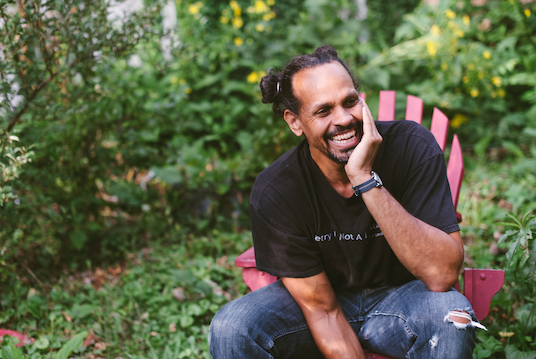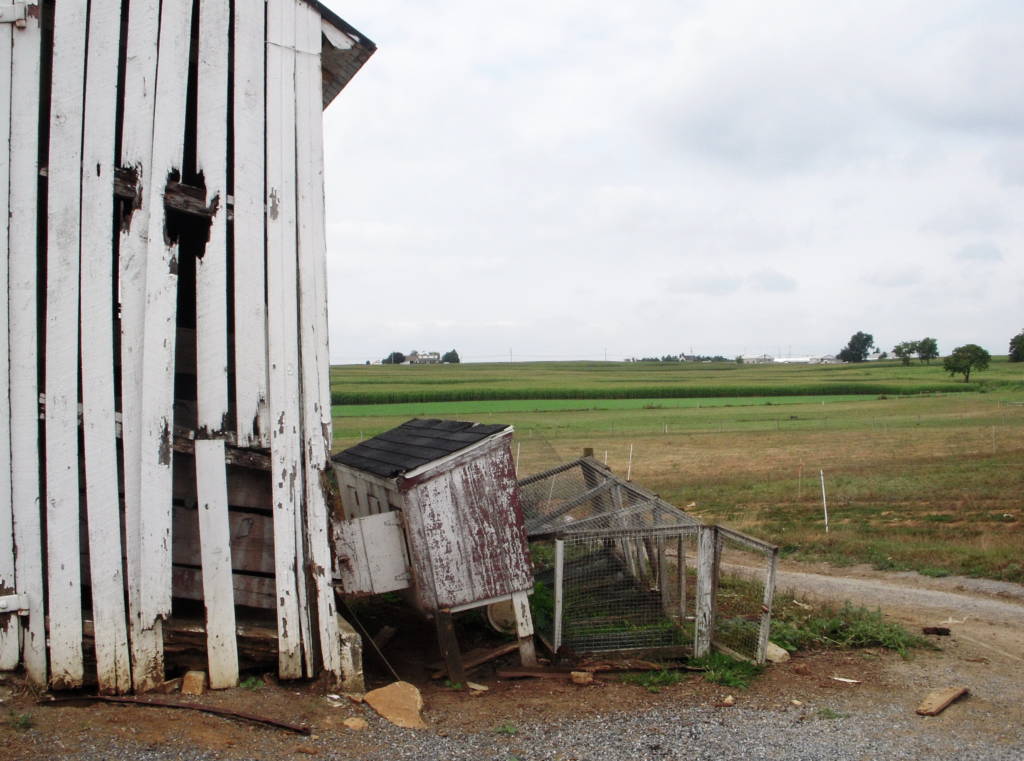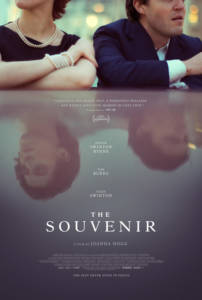
Ludlow, Shropshire, UK
I once read somewhere that all stories are ghost stories, so here’s one.
It begins when I’m about sixteen or seventeen and still living in my hometown. There are many English towns just like it: rural, obscenely sentimentalized, a place where fox hunting enjoys popular support, but immigration does not. A few of us had spent an afternoon sitting on the disintegrating wall of the town’s 11th–century castle: a major tourist pull that we’d often appropriate for our own ends. On this day we were drinking home-brewed cider, a cloudy ochre liquid shared out from a large plastic demijohn, swiped from someone’s dad’s, or maybe uncle’s, annual batch. It tasted like disinfectant: unpleasant and sour, but hygienic. I remember feeling very grown up, like it was undoing all the unsophisticated parts of myself. A reminder that time would eventually pass, and that one day I would be out of here, living a different life entirely.













 By
By 

